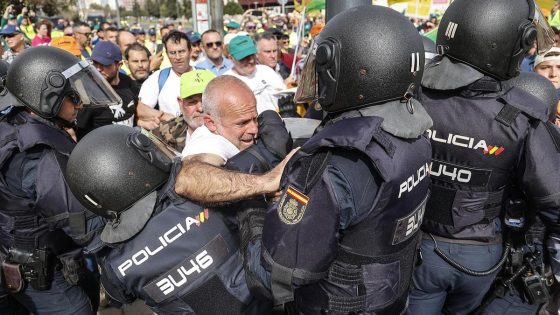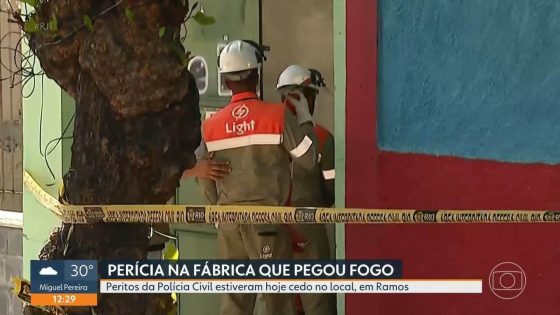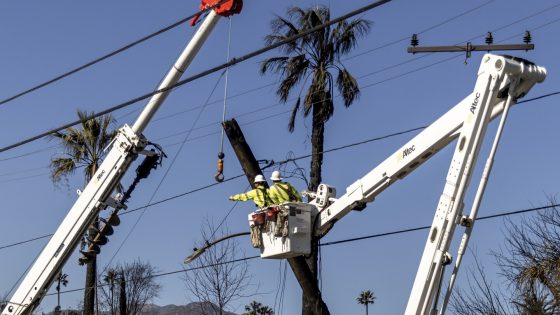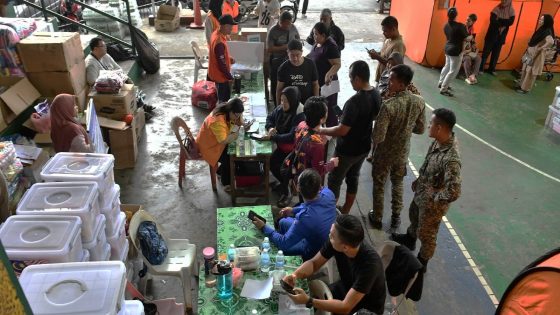The recent ruling by the Barcelona Court confirmed amnesty for 46 National Police officers involved in the controversial actions during the October 1, 2017, independence referendum in Catalonia. The court stated that the injuries inflicted on citizens were not severe and that the officers aimed to prevent the vote, even if the force used was deemed excessive. This decision raises questions about accountability and justice in policing.
- Court confirms amnesty for 46 police officers
- Injuries to citizens deemed not serious
- Amnesty law applied despite excessive force
- Human rights groups oppose police amnesty
- Case against police in intermediate phase
- Law's interpretation emphasizes equity and equality
Understanding the Implications of the Amnistia for Police Officers in Spain
What does this ruling mean for police accountability in Spain? The court’s decision to apply amnesty to the officers involved in the 2017 referendum has significant implications, not only for the individuals affected but also for the broader discussions on human rights and police conduct.
Key Points of the Court’s Ruling and Its Impact
The court’s decision has created a complex landscape regarding police actions during civil unrest. It emphasizes the need for a careful balance between law enforcement duties and the protection of citizens’ rights.
Legal Context of the Amnistia in Spain
The application of amnesty laws in Spain is a contentious issue, especially regarding police actions. The court highlighted that the alleged offenses did not meet the severity threshold required for prosecution.
- The court ruled that injuries were not serious enough to warrant criminal charges.
- Amnesty laws aim to foster reconciliation but can lead to perceived injustices.
- Human rights organizations argue this undermines accountability.
- The ruling may influence future cases involving police conduct in Spain.
Public Reaction and Future Implications
The public response to the ruling has been mixed, with many expressing outrage over the perceived lack of accountability for police actions. Critics argue that this decision could embolden police misconduct in future protests.
Comparative Perspectives: Police Accountability in the US and Spain
In the united states, discussions around police accountability are similarly fraught. The debates often center on the balance between law enforcement authority and civil rights. This Spanish ruling may resonate with American audiences who are concerned about police brutality and accountability.
In conclusion, the confirmation of amnesty for the 46 police officers in Spain raises critical questions about justice, accountability, and the interpretation of amnesty laws. As discussions continue, both in Spain and internationally, the implications of this ruling will likely influence future legal and social landscapes.

































